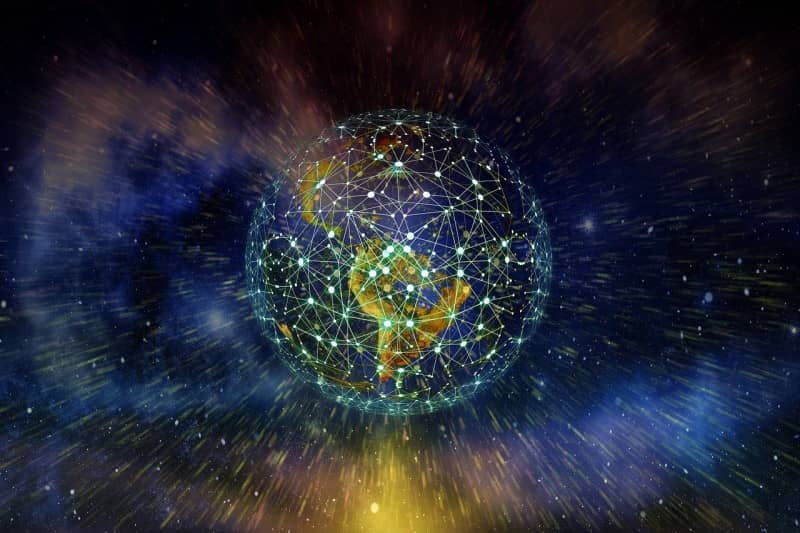It's no secret that technology has had a profound impact on globalization. With just the click of a button, we can now communicate with people worldwide in an instant. And thanks to social media, we can share our thoughts and experiences with anyone interested - regardless of where they live.
But as technology continues to evolve, it's also playing an increasingly important role in shaping globalization itself.
What is Globalization?
Before we dive into how technology impacts globalization, it's essential to understand what globalization is.
In short, globalization is the process of increased interconnectedness between people and organizations worldwide.
This interconnectedness can be thought of in economic, social, and technological aspects. For example, the rise of global trade and the globalization of financial markets are two economic aspects of globalization.
The spread of popular culture and the increase in international travel are examples of social globalization.
And finally, technological advancements like the internet and social media have helped facilitate globalization by making it easier for people to connect no matter where they are.
Here are just a few ways that technology is accelerating globalization:
Connecting People and Businesses Across Borders
Technology has made it easier than ever for people and businesses to connect - regardless of location. For instance, thanks to video conferencing, companies can now hold meetings with clients and employees in different parts of the world.
And with the rise of online marketplaces, it's now easier than ever for businesses to sell their products and services to customers around the globe. In fact, many companies now rely on international sales to stay afloat.
Technology is also helping businesses to spread the word about their brand globally. With the help of digital marketing, companies can quickly reach a global audience without spending a fortune. For example, a small business in the United States can use social media marketing to target potential customers in China - something that would have been impossible just a few years ago.
Similarly, with the help of Search Engine Optimization (SEO), businesses can ensure that their website appears at the top of the search results for relevant keywords in different countries. This is a great way to attract new customers from all over the world.
Helping to Spread New Ideas and Cultures
In today's increasingly globalized world, it is easy to take the spread of new ideas and cultures for granted. It would have been challenging to imagine instant communication between people on opposite sides of the world just a few decades ago. Today, however, we can easily connect with someone on the other side of the globe with just a few clicks of a button. This increased interconnectedness has had several positive effects, one of which is spreading new ideas and cultures.
With more people from diverse backgrounds interacting with each other, there is a greater exchange of ideas and an increased understanding of different cultures. Globalization has also made it easier for people to access information about other cultures, providing opportunities for learning and growth. In a world that is becoming increasingly connected, it is essential to embrace the benefits of globalization and the opportunities it offers for cultural exchange.
Making Communication Faster and Easier
Globalization has had a profound effect on the way we communicate. In the past, communication was often slow and cumbersome, limited by the need for physical travel or expensive long-distance phone calls. Today, however, the advent of new technologies has made communication faster, easier and more accessible than ever before.
Thanks to the internet, email and instant messaging, we can now communicate with people worldwide in real-time, regardless of location or time zone. The result is a more connected world, where people from different cultures and backgrounds can interact and share ideas more efficiently. Globalization is making communication faster and more accessible, and it is helping to break down barriers between people.
Making Education More Accessible
Technology is also making education more accessible to people all over the world. With the help of online learning platforms, people can now take courses and earn degrees from the comfort of their own homes.
And thanks to distance learning, people who live in remote areas can now access educational resources previously out of reach. For instance, online courses are available that allow students in Africa to learn from professors at leading universities in the United States.
Technology is also making it easier for people to learn new languages. There are now a variety of online language learning platforms that allow people to learn at their own pace. And with the help of translation software, people can directly communicate with each other in different languages with ease.
So, there you have it - just a few ways technology is accelerating globalization. As technology continues to evolve, we can only expect the process of globalization to speed up even further.








